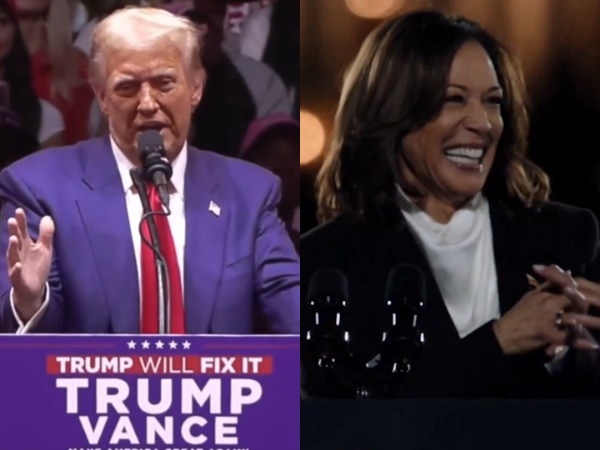Comparing Electoral Systems: India vs. USA
As the 2024 U.S. presidential election approaches, curiosity grows in India regarding the contrasting electoral systems of the two nations. India uses a centralized framework managed by its Election Commission, while the U.S. adopts a decentralized approach. Both countries can learn from each other's unique electoral practices and challenges.

- Country:
- India
With the U.S. presidential election scheduled for November 5, 2024, there is increasing interest in India about how the electoral systems of the two nations compare. While India's electoral system is highly centralized and managed by the Election Commission of India, the United States follows a decentralized approach with each state overseeing its own elections, dictated by state-specific rules even for national contests.
India conducts its elections under the Representation of the People Acts of 1950 and 1951, with the Election Commission of India playing a central role. Conversely, the U.S. relies on more than 10,000 local election units and the Federal Election Commission (FEC), which is considered one of the weakest such bodies globally, focusing primarily on campaign finance. The two countries also differ in their methods of voting, with India strictly adhering to the first-past-the-post system, while the U.S. states employ a variety of methods, including ranked-choice voting.
The U.S. Electoral College remains a contentious component, deviating from the 'one person, one vote' principle by potentially allowing the popular vote loser to win the presidency. In contrast, India's efficient electronic voting machines allow for timely results without dispute. Both countries face challenges: the U.S. with its Electoral College and decentralized vote counting, and India with maintaining a vast system. Mutual insights could enhance trust in the electoral integrity of both nations.
(With inputs from agencies.)
ALSO READ
Election Commission Empowers Candidates with Suvidha 2.0 App Update
Election Commission Counters Prashant Kishor's Claims on Bypoll Nomination
Election Commission Dismisses Congress' Claims, Calls for Responsible Conduct
Congress Faces Setback as Election Commission Rejects Vote Count Complaint
Election Commission Rebukes Congress for Baseless Election Allegations










